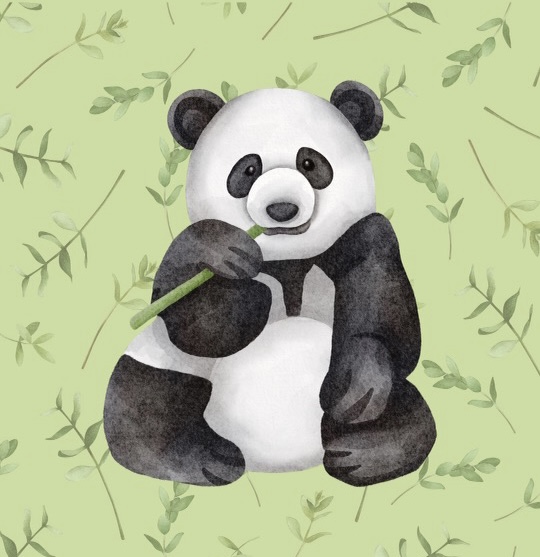
Two giant pandas, Mei Xiang and Tian Tian, and their cub, Xiao Qi Ji, were flown back to Chengdu, China, after being on loan to the United States for over two decades.
The loaning of pandas has been a way for China to form diplomatic relationships with other countries. China has sent pandas to Russia, North Korea and Australia.
“Panda diplomacy refers to China’s practice of loaning giant pandas, regarded as national treasures, to other countries as a gesture of goodwill, signaling a warming of diplomatic relations,” said Dr. Steven Elliot-Gower, a political science associate professor at GC. “It is an important aspect of China’s ‘soft power.’ There is also an important scientific research component to panda diplomacy.”
Mei Xiang and Tian Tian were on loan as a part of a research and breeding program, as there are only 1,864 left.
“The idea is that when people actually get to see them in person instead of on video, then they make a stronger connection and feel more compelled to support conservation efforts,” said Matthew Milnes, a biology professor at GC. “Whether or not that actually happens, it’s hard to say one way or another.”
Mei Xiang and Tian Tian spent their time in America at the Smithsonian Zoo, and they were sent back on a plane called FedEx Panda Express.
They are not the only Pandas being sent back; in April, Ya Ya was sent home from the Memphis Zoo, but her partner, Le Le, did not return due to him dying of a heart disease.
“I think the ethics is based on how the animals are treated, what kind of facilities they’re maintained in, how they’re raised and how they’re trained,” Milnes said. “I do not think the idea qualifies as ethical or not ethical.”
His death sparked debates on whether the Memphis Zoo was mistreating the pandas or not. Ya Ya and Le Le were on loan for 20 years, and instead of going home in December, the people of China were able to get Ya Ya brought home in April.
“The 20-year term of Ya Ya’s loan to the Memphis Zoo expired, and so it was time for her to be returned to China,” Gower said. “The same applies to the recent return of Mei Xiang and Tian Tian. Although the return of the pandas comes at a time of heightened tensions with China, their return is separate from these tensions.”
Panda diplomacy helped China open up to the west and create strong political relationships while helping repopulate their giant panda population.
In the aftermath of the Tiananment Square Protests, China really began pushing for these relationships around 1989. The protests were in response to people wanting greater political freedom. After the death of a political leader, Hu Yaobang, milllions gathered together in the square wanting less censorship. The government decided to respond by using military force, and many were arrested, shot or crushed, leading to 200 civilians losing their lives.
President Biden and President Xi Jinping met on Nov. 15 in California to discuss their military commmunication, and it was determined they will resume direct military contact.
“The U.S.-China relationship is about much, much more than pandas: geostrategic rivalry, Taiwan, freedom of navigation in the South China Sea, bilateral trade, national security export controls, human rights and more,” Gower said. “While the panda program has to be handled with diplomatic skill, I do not believe that it has much impact on the overall state of U.S.-China relations.”
Another topic of conversation between the two leaders was Taiwan, and it has been reported that they disagreed about what to do.
Jinping wants a peaceful reunification between the two, whereas, Biden wants China not to interfere in Taiwan’s upcoming elections.
Another concern of Jinping’s was the U.S. constantly arming Taiwan.
“The U.S. side should stop arming Taiwan and support China’s peaceful reunification,” Jinping said.
Biden made it clear the U.S. would continue to use strategic ambiguity to arm Taiwan.
“President Biden has, in the past, moved away from America’s long-standing policy of strategic ambiguity vis-à-vis Taiwan, suggesting instead that the United States would come to Taiwan’s aid in the event of Chinese aggression,” Gower said. “The United States and China, as the two most powerful and heavily armed countries in the world, have an international moral responsibility to stay on a path of peaceful coexistence and, more than that, to work together to ameliorate global challenges like climate change.”
Jinping believes pandas will continue to be sent back to America. The next set of pandas could be going to San Diego, California.
“We are ready to continue our cooperation with the United States on panda conservation and do our best to meet the wishes of the Californians so as to deepen the friendly ties between our two peoples,” Jinping said.

